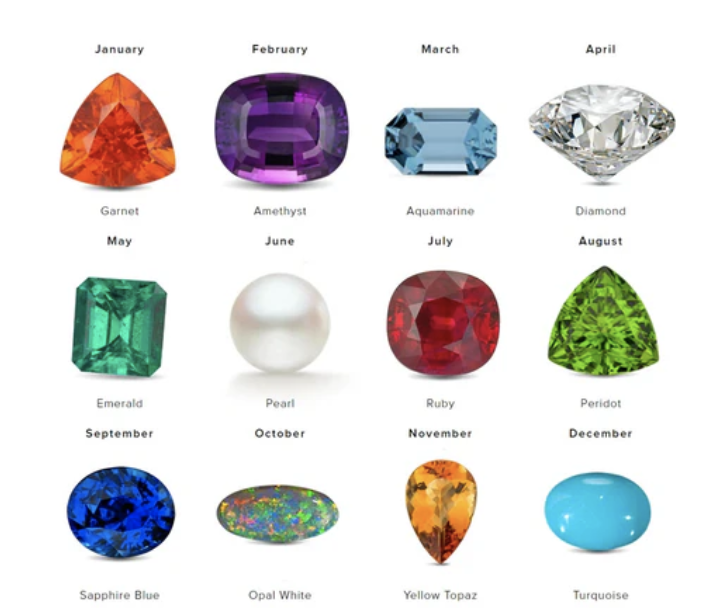Presidential Debate or Debacle?
March 15, 2016
Political debates have been engrained into the American election process for over 150 years. Typically, debates are used to help candidates distinguish their views on various issues from those of their opponents. Sometimes debates can be game changers. Some would argue that Nixon’s sick appearance, shifty eyes, and apparent discomfort in his first debate with Kennedy (the first televised presidential debate) likely cost Nixon the presidency in 1960. This year’s Republican and Democratic debates have been noteworthy for a number of reasons: Trump’s battle with Fox New’s Megyn Kelly, Sanders snapping at Clinton, “Excuse me, I’m talking,” a testosterone-driven discussion about hand size… However, these memorable moments have little to do with substance.
The Republican debates have been particularly problematic because of the sheer number of participants. As each tries to vie for their moment in the spotlight, sophomoric one-liners and gotcha comments have dominated the debate stage. Marco Rubio, in an apparent desperate attempt at gaining some political traction, went on the offensive in the debate on March 3, alleging among other things that Trump is “trying to con people into give him their vote.” Trump, not to be outdone, called Rubio “little Marco” and accused him of lying about his record. Cruz also jumped in the fray when he suggested, “For 40 years, Donald has been part of the corruption in Washington that you’re angry about.” Kasich, who tried to stay above the muckraking, got little time to voice his views or say anything remarkable.
And the less-than-civilized tone has not been the sole dominion of the Republican candidates. Both Democratic candidates repeatedly talked over each other in the most recent debate. Clinton repeatedly pointed to Sander’s lack of support for the auto-industry bailout, and Sanders continuously referenced Clinton’s alliance with Wall Street. Although the Democratic candidates might claim that their rhetoric has not sunk to the depths of their Republican counterparts, one wonders if that is as much about their attempts to remain substantive as it is a reflection of the fact that there are only two Democratic candidates fighting for air time.
The bottom line, the debates are doing little to help voters decide which way to vote. Instead they are adding an air of reality television meets TV talk show to a political landscape that already has the feel of a carnival. As I and other first-time voters attempt to navigate through this process, we may be somewhat entertained, but are we better prepared to make an informed decision about how to cast our votes? Darshan Patel (12) answers, “well, the debates have essentially devolved into a childish contest of who can be the rudest on stage instead of policy issues. This is alarming considering the elected official would be arguably the most powerful person in the world.”





































